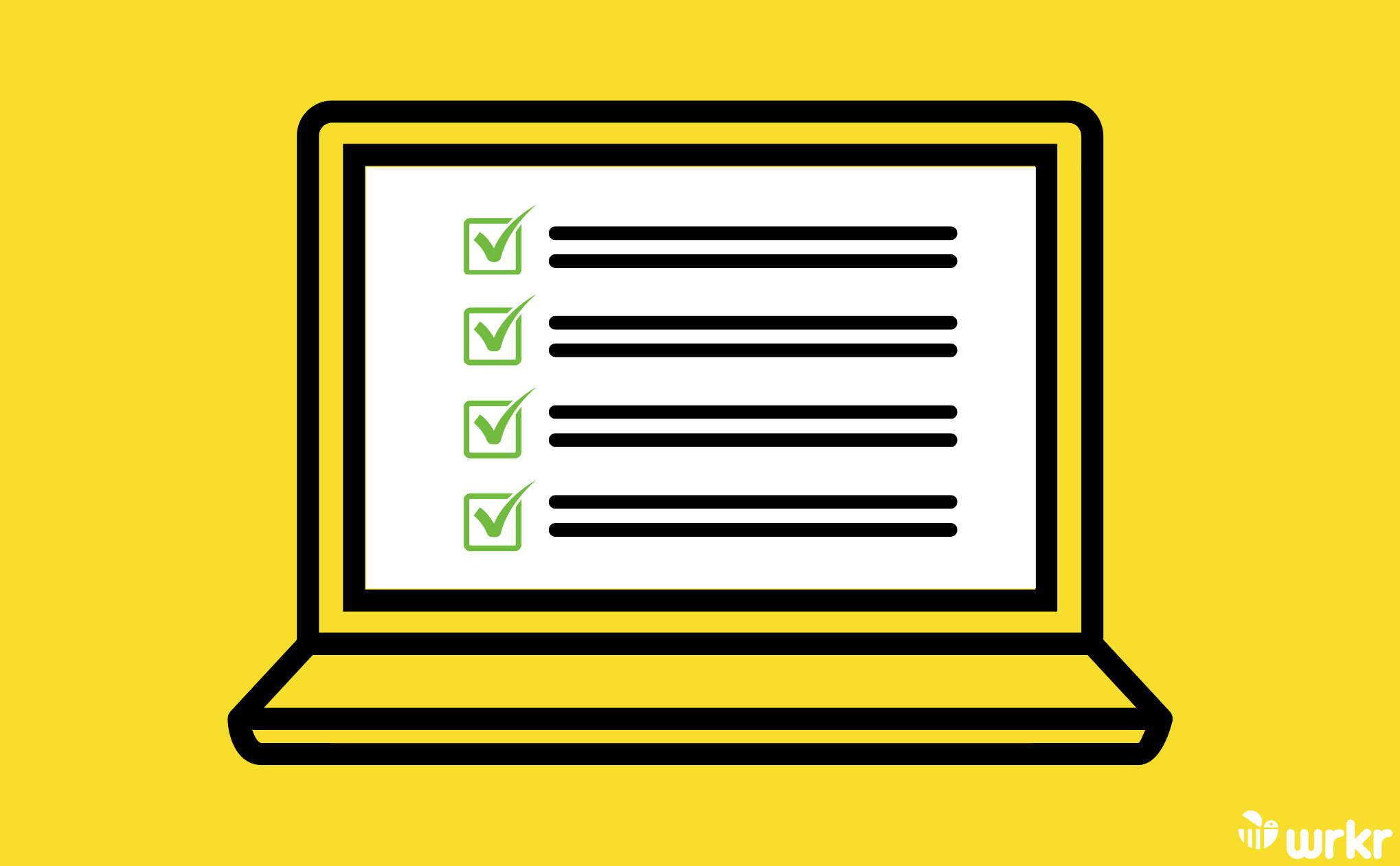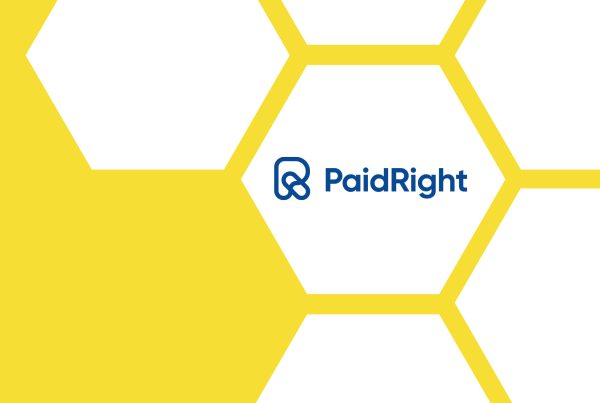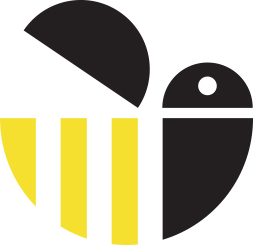Preparing for Payday Super: What Small Businesses Need to Know
Starting soon, the introduction of Payday Super will change how businesses manage superannuation payments, requiring them to submit super contributions in line with every pay cycle rather than quarterly. While this aims to ensure better retirement outcomes for employees, it’s also set to create new challenges for small businesses, especially those already stretched thin on time and resources.
In this blog, we’ll explore the impact of these changes, what small businesses need to consider, and how Wrkr is positioned to help them navigate this new landscape.

The Impact on Small Business
Increased Frequency, Increased Complexity: For small businesses, the shift to payday super means they’ll need to remit super payments each time employees are paid, which might be weekly, fortnightly, or monthly. This is a significant shift from the quarterly contributions many are accustomed to, and it’s set to increase both the administrative workload and the potential for errors.
This could cause a shift to less frequent pay cycles (moving away from weekly pay cycles) in order to combat the increased compliance admin. As businesses move to longer pay periods, employees may face cash flow challenges, especially those used to receiving weekly paychecks. This change could prompt workers to adjust their budgeting strategies, planning expenses more carefully to accommodate the extended gap between paydays. Some employees might even need to rely more on credit or short-term loans to bridge the gap, leading to changes in spending habits and increased financial stress for those living paycheck-to-paycheck.
This frequent reporting requires more robust payroll systems, better cash flow planning, and greater attention to detail to ensure compliance with the new standards. Even a minor mistake can lead to penalties, making accuracy and efficiency crucial.
SBSCH Shutdown Adds to the Pressure: Adding to the complexity, the shutdown of the Small Business Superannuation Clearing House (SBSCH) means small businesses that previously used the free service will need to find new software solutions to manage their super obligations. For many, this will require learning a new system, potentially paying for software, and onboarding their existing processes.
What Does Payday Super Mean for Your Business?
Payday Super represents a broader push toward real-time payroll transparency, but for small businesses, this can feel overwhelming. The move is intended to:
- Reduce the risk of unpaid super, ensuring employees have their entitlements on time.
- Provide the ATO with more timely data, allowing for better oversight and compliance tracking.
- Give employees greater visibility over their super balances, ensuring they’re aware of their entitlements.
However, it comes with several downsides for small businesses, such as:
- Time-Consuming Admin: More frequent payments mean more time spent processing super each payroll cycle.
- Cash Flow Management: Businesses will need to budget for super payments more regularly, potentially impacting cash flow planning.
- Increased Risk of Errors: With more payments come more opportunities for mistakes, increasing the risk of non-compliance.
Wrkr: Your Partner in Navigating Payday Super
At Wrkr, we understand the unique needs of small businesses and have been preparing for Payday Super to ensure a smooth transition.
Seamless Transition Off the SBSCH: Wrkr has been investing in technology and support to help businesses move away from the SBSCH. Our platform offers a user-friendly interface that simplifies super clearing, making it easy for small business owners to stay on top of their obligations.
Minimised Admin Burden with Built-In Error Technology: Our error integration technology ensures that errors are flagged and corrected automatically, minimising the need for manual intervention. This allows small business owners to save time and reduce the stress of managing super obligations.
Accountant Access and User-Friendly Dashboard: For businesses working closely with accountants, Wrkr offers accountant access, allowing for flexible authorisation models and shared visibility over super payments and faster issue resolution. Our intuitive dashboard provides a streamlined view of all transactions, reducing complexity and improving oversight.
Why Choose Wrkr?
With Wrkr, businesses can choose to use our platform solely for super clearing or take advantage of our all-in-one solution that integrates employee onboarding, super payments, wage disbursement, Single Touch Payroll (STP), and more. This approach helps businesses delight employees, cut down on admin time, reduce the risk of errors, and maintain compliance across all obligations. Wrkr is your small business one stop compliance shop.
We understand that for small businesses, every minute counts. That’s why we’re committed to providing solutions that minimise admin burden and allow business owners to focus on what matters most: growing their business.
Simplify Payday Super with Wrkr
As Payday Super becomes a reality, small businesses need solutions that keep compliance manageable without adding unnecessary complexity. Wrkr is here to help businesses navigate these changes with a flexible, user-friendly platform that supports super clearing and beyond.
Ready to see how Wrkr can streamline your super obligations? Get in touch today to learn more!




